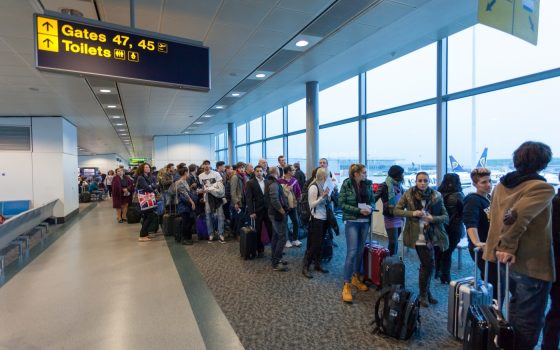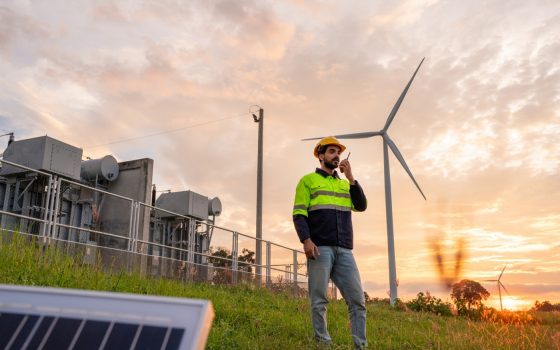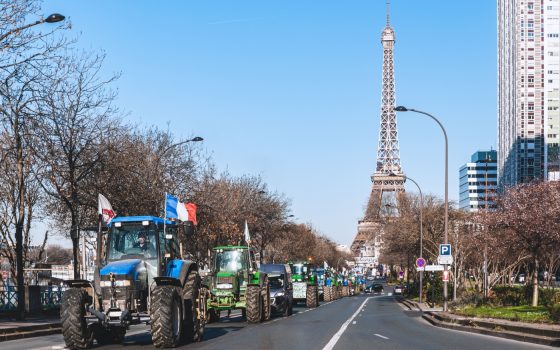Carbon emissions from fuel duty freeze equivalent to putting extra 2m cars on the road
The richest 10% households will benefit three times as much from the tax cuts as the poorest 10%
20 March 2023
The chancellor’s decision to freeze fuel duty this year could lead to an increase in emissions equivalent to putting an extra 2m cars on the road, according to analysis from the New Economics Foundation (NEF), published today. With lower fuel duty, drivers are likely to consume greater amounts of fuel over the next year. The analysis finds that this policy could lead to emissions from road vehicles rising by up to 3.9m tonnes of CO2 over the next year (a 3.9% increase to total road emissions).
The analysis also finds that the fuel duty freeze disproportionately benefits the richest households. This year, almost two-thirds of savings from the freeze (64%, £2.2bn) will go to the richest half of households, and just over a third of savings (36%, £1.2bn) will go to the poorest half. While the chancellor announced that households would save around £100 from the policy, the analysis finds that this hides discrepancies between households: the bottom 10% of earners will save just £55 a year, while the top 10% will save £155 – almost triple the amount.
Yesterday’s budget announcement makes 2023 the 13th year in a row that fuel duty has been frozen. The decision to freeze fuel duty and maintain last year’s 5p cut will cost the government just over £6bn in lost tax income, making the freeze one of the most expensive items in this year’s budget. The £6bn cost of the policy is close to the amount that the government will raise this year in carbon taxes (£6.2bn) which, NEF say, indicates a government willingness to penalise carbon pollution with one hand, while encouraging it with the other.
NEF analysis has found that, over the 13-year period of the fuel duty freeze, bus fares have risen 76%, rail fares have risen 50%, while petrol costs are only up 23%. NEF argues that instead of spending a large amount on a policy which will lead to excessive carbon emissions, the chancellor should have invested in public and active transport to tackle the climate crisis. This month, the government quietly announced that it was planning to halve funding for walking and cycling projects from £710m to £330m.
Alex Chapman, senior researcher at the New Economics Foundation (NEF), said:
“Freezing fuel duty for the 13th year in a row is going to provide little-to-no help to households struggling to make ends meet – and instead continues to put our efforts to cut dangerous carbon emissions in jeopardy. Wealthier households, who tend to drive bigger cars, and drive them further, are the biggest winners of this policy, meaning it is an incredibly inefficient way to spend £6bn. People should be supported to use less fuel and reduce their emissions and pollution, not to consume even more.”
Notes
The New Economics Foundation is a charitable think tank who are wholly independent of political parties and committed to being transparent about how it is funded.
Two methods were used to calculate the emissions resulting from the fuel duty freeze. The first (i) involves using the ONS Living Costs and Food Survey data to calculate the total value of the freeze assuming no demand response (i.e. no increase in fuel consumption) and comparing this estimate to that provided by the OBR and Treasury, which includes a demand response. The difference provides an indication as to the total increase in fuel consumption expected by the government. The second (ii) method involves using price elasticities of demand derived from a paper by Professor David Begg and Claire Haigh (link below) to independently arrive at the demand response to the price change. The approaches lead to similar conclusions, a rise in CO2 emissions of 3.9m tonnes (i) or 3.4 m tonnes (ii).
Figures of savings do not include savings which accrue to businesses.
Government plans to halve funding for walking and cycling projects can be found at https://www.cyclingweekly.com/news/government-budget-cuts-make-net-zero-target-impossible-says-cycling-groups
Emissions growth is calculated over a 12 month period.
Topics Climate change Transport






